DSR ‘slow, unfunded, vague’, Australia’s defence industry warns
Australia’s $10bn-a-year defence industry warns the government’s new military blueprint is vague, underfunded, and mired in bureaucracy.
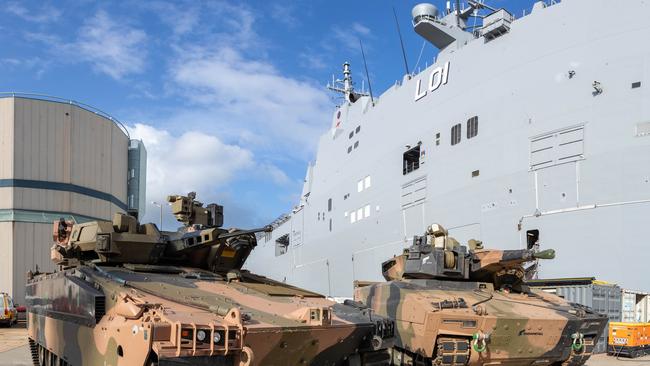
Australia’s $10bn-a-year defence industry is becoming increasingly frustrated over the Albanese government’s Defence Strategic Review, warning the much-hyped military blueprint is vague, underfunded, and becoming mired in bureaucracy.
Industry participants at a two-day army working group last week complained that, despite government warnings over the need for urgent action, key elements of the review agenda would take 12-18 months to get started.
In the absence of specific measures to ensure the participation of domestic firms, industry figures warned the new force posture plan would also favour foreign suppliers, eroding sovereign capabilities.
The DSR, released less than two months ago, was lauded by the government as a landmark plan to transform the ADF into a modern force capable of projecting power over long distances to deter well-armed adversaries.
But the army’s head of land capability, Major General Richard Vagg, told industry participants at last week’s conference that the service was still working on how it would implement many of the DSR’s recommendations, and that the strategy had not been aligned with Defence’s decade-long investment plan.
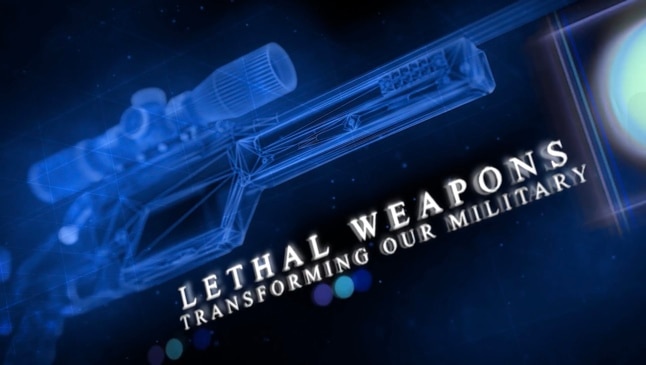
He said changes to the army’s “shape and weight” were still being assessed, with a restructure of the service by Chief of Army Simon Stuart not expected until the end of the year.
A defence industry source told The Australian: “The decision paralysis within Defence is likely to continue for up to 12 months for capabilities that were not prioritised in the DSR.
“There is a common view among stakeholders that the DSR strategic outlook, and urgency, lacks alignment with funding in the forward estimates.”
Industry figures were particularly scathing over the government’s promised Advanced Strategic Capabilities Accelerator, after hearing the new innovation ecosystem would take 18 months to get fully up and running.
Its first year’s goals include attracting personnel and establishing its internal governance and problem statements, rather than fast-tracking new capabilities.
The delay, after the suspension of its predecessor, the Defence Innovation Hub, “is likely to cause a gap in sovereign defence industry innovation”, the industry source said.
Defence Industry Minister Pat Conroy said the government was working hard to implement the DSR’s recommendations “after almost a decade of Coalition mismanagement”, and was already putting in place key procurement reforms.
Australian Industry & Defence Network chief executive Brent Clark said that without a commitment to establishing sovereign defence industry capabilities, Australian firms would be overlooked by foreign prime contractors who would argue it was too expensive and slow to rely on local suppliers.
“If countries such as Sweden, Israel, South Korea, the US, the UK, France, Germany, Malaysia, Japan, India, and Turkey believe that it is in their national strategic interest to ensure their domestic defence industries are a priority, the question must be: why does the Australian government not?” Mr Clark said.
“Without government commitment, we face the real prospect of our homegrown industry exiting the defence space and reducing Australia’s national resilience – a bizarre outcome given the precarious state of our geopolitical environment.”


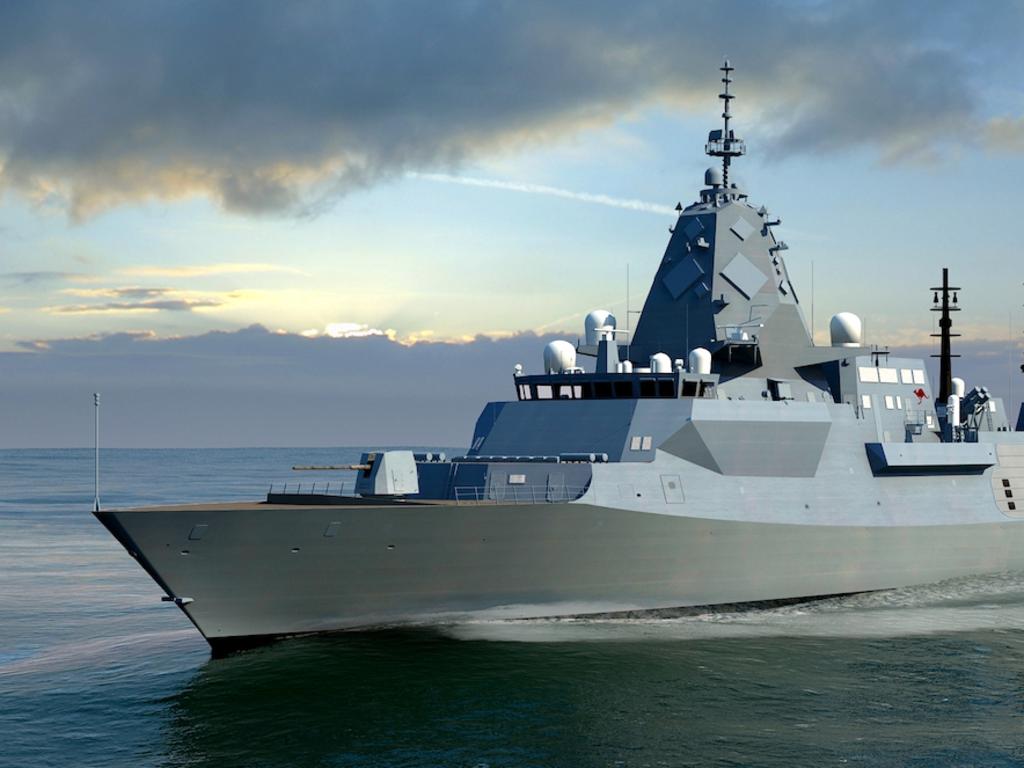
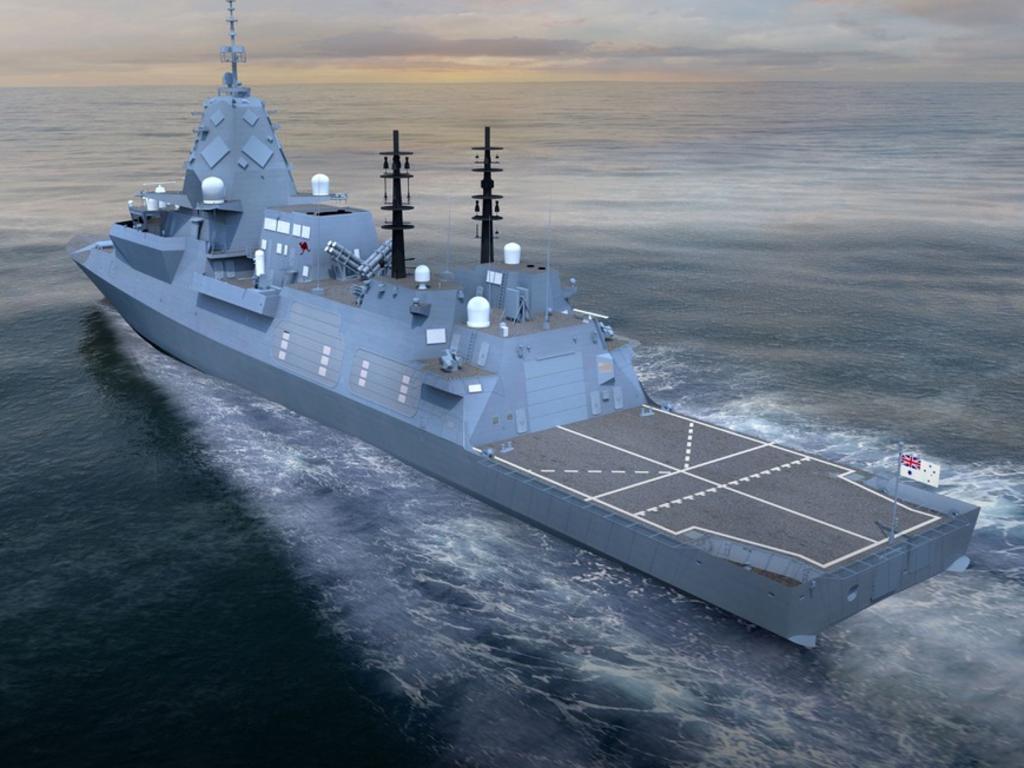

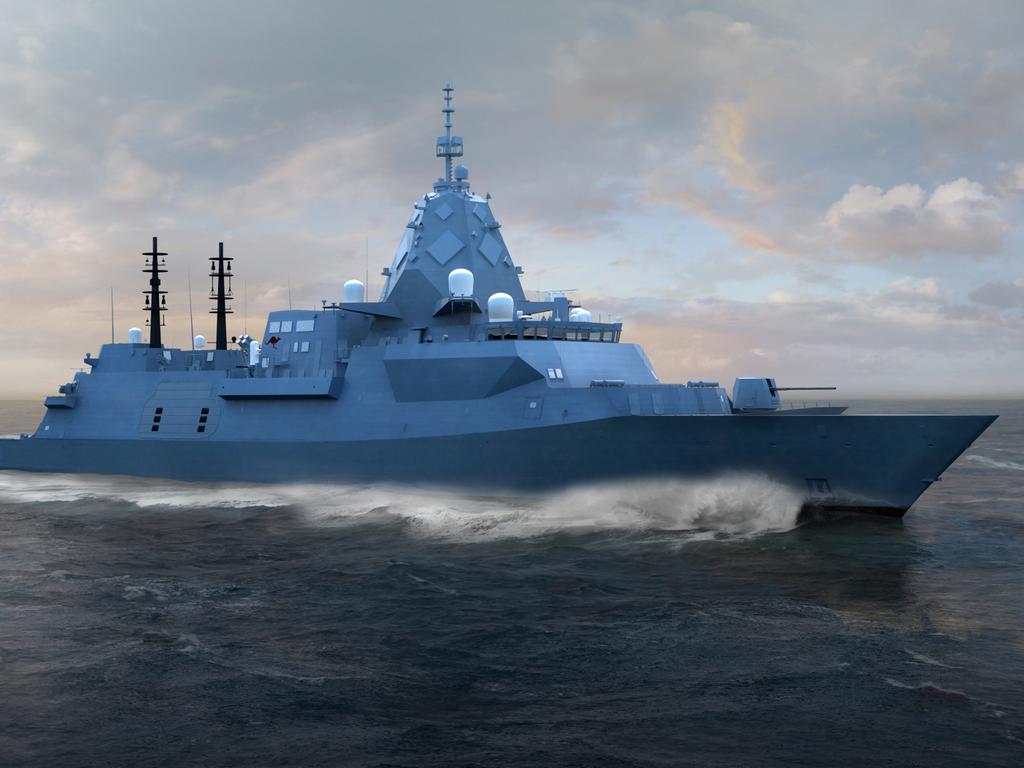


To join the conversation, please log in. Don't have an account? Register
Join the conversation, you are commenting as Logout